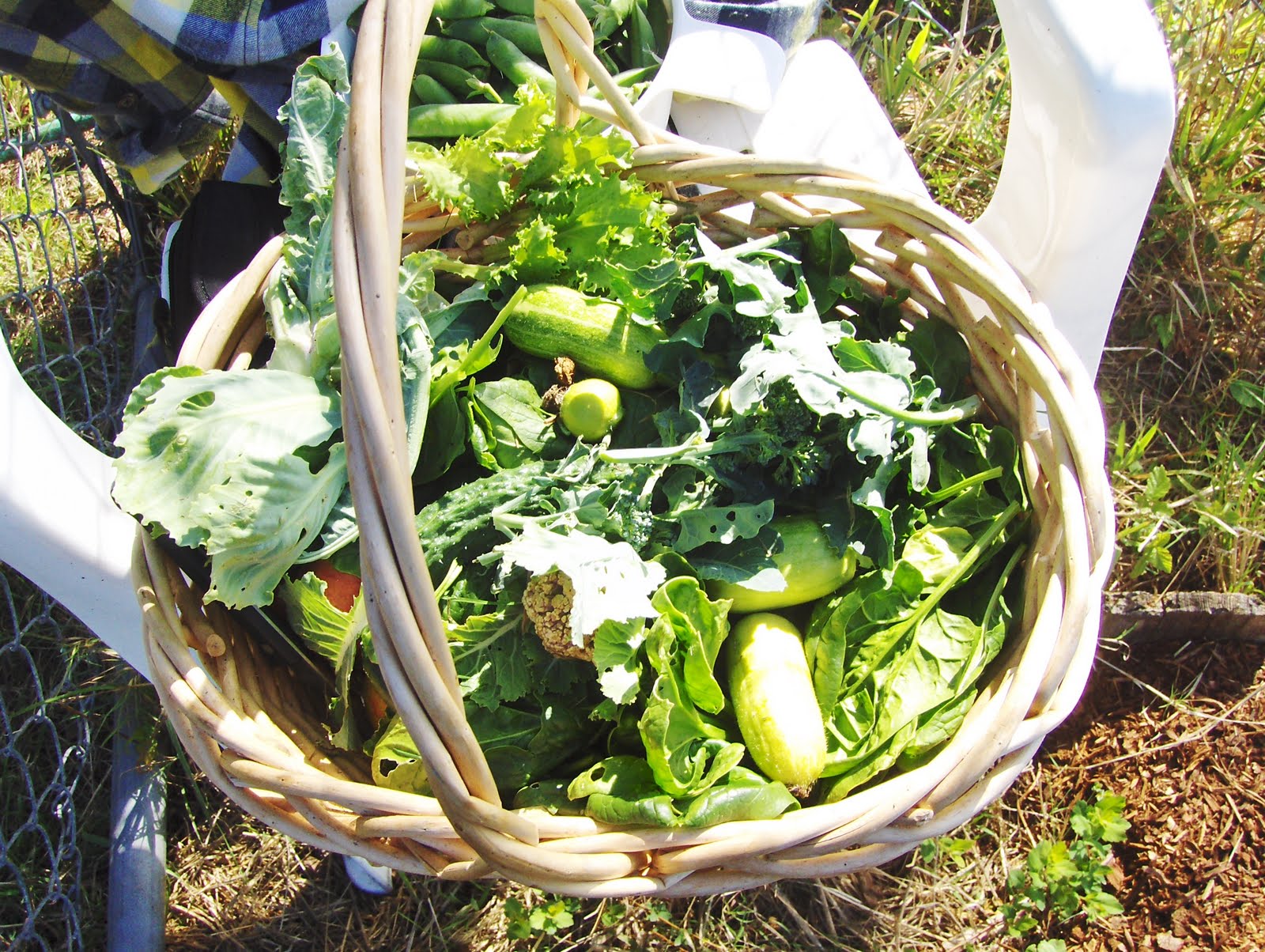Home Grown peas. Are they healthier?
It depends on the seeds.
It depends on the soil.
It depends on the fertilizer.
If you have not read Food ,Inc. edited by Karl Weber, you are clueless about what you eat and how it is affecting you.
"How industrial food is making us sicker, fatter and poorer-and what you can do about it." This is the subtitle of the book, a manual for the film of the same title.
It starts with a conversation with Eric Schlosser, and investigative journalist who has written about groups at the margins of American society, and the author of Fast Food Nation: the dark side of the All-American Meal. (2001)
Just this chapter will stop you in your tracks. It will shake your world.
It depends on the seeds.
It depends on the soil.
It depends on the fertilizer.
If you have not read Food ,Inc. edited by Karl Weber, you are clueless about what you eat and how it is affecting you.
"How industrial food is making us sicker, fatter and poorer-and what you can do about it." This is the subtitle of the book, a manual for the film of the same title.
It starts with a conversation with Eric Schlosser, and investigative journalist who has written about groups at the margins of American society, and the author of Fast Food Nation: the dark side of the All-American Meal. (2001)
Just this chapter will stop you in your tracks. It will shake your world.


I'm not trying to scare you. I'm realistic about the power each of us has in selecting and preparing healthy meals.
ReplyDeleteYet, in this political climate, we are told that regulations are killing jobs, when regulations are the only sentinels against greed and corruption.
I'm one person. I only have one voice.
Home Grown peas. Are they healthier?
ReplyDeleteIt depends on the seeds.
It depends on the soil.
It depends on the fertilizer...
I can't agree more, Happy Sunday!
love your post today.
I've believed for a very long time the the rise of cancer is directly related to the rise of agribusiness.
ReplyDeleteEllen, it's more than a belief; it's a scientifically proven fact.
ReplyDeleteThis topic hit my radar screen a few years ago when I read "The Omnivore's Dilemma" by Michael Pollen and I have never shopped nor eaten the same since. The food industry is NOT transparent and we need to work at it to stay informed. Fortunately, the voices are more prevalent today. Another area that is quite "hidden" are school cafeterias. I watched a few of Jamie Oliver's shows and was shocked to learn how food is provided to schools...that the main equipment for preparation is the giant microwave! Thanks for the post.
ReplyDeleteSo true! Great post - It's an excellent book, (and film).
ReplyDeleteCafeteria food is being overhauled as we speak. In most districts the cost of feeding children is subsidized by products the USDA makes available at discounted prices. Without such cheap products, most cafeterias would operate in the red. In our school district, the cafeteria budget has been in the red for decades. Getting rid of processed food and bringing in fresh produce and locally grass fed animal products will cost more and require additional labor.
ReplyDeleteOur school district is biting the bullet; the local purveyors are helping as well, with fresh products and healthy alternatives.
If you have children in school, go to your local school board meetings and bring up your concerns. No need to call ahead, either. There is a section in the agenda for citizens concerns. Sign up just before the meeting and speak up!
I think I need to read this book!
ReplyDelete